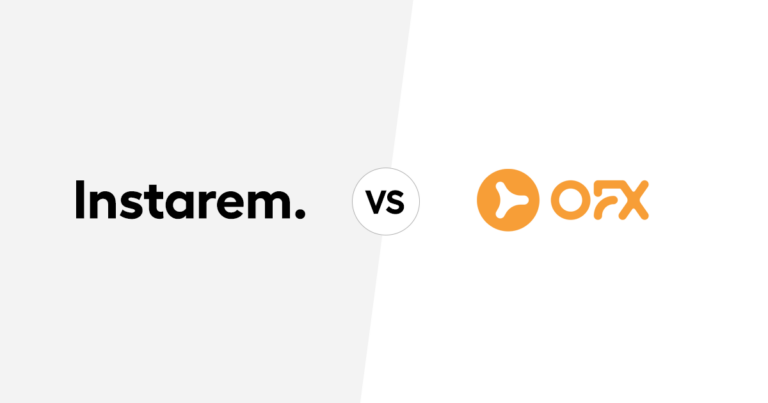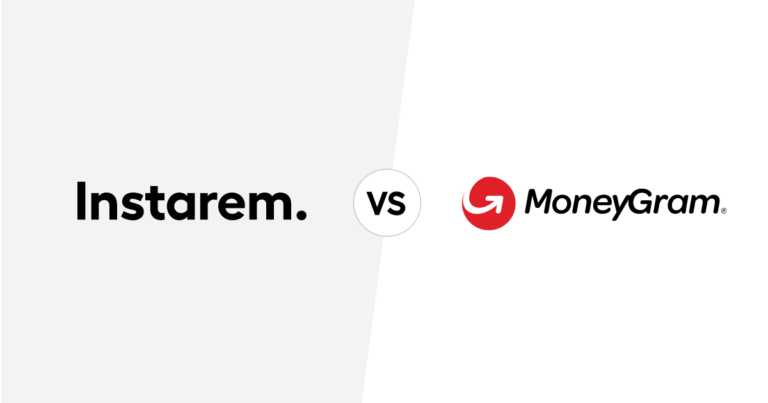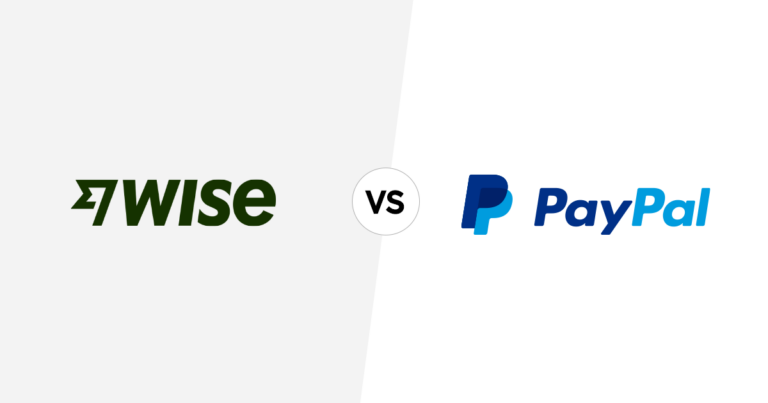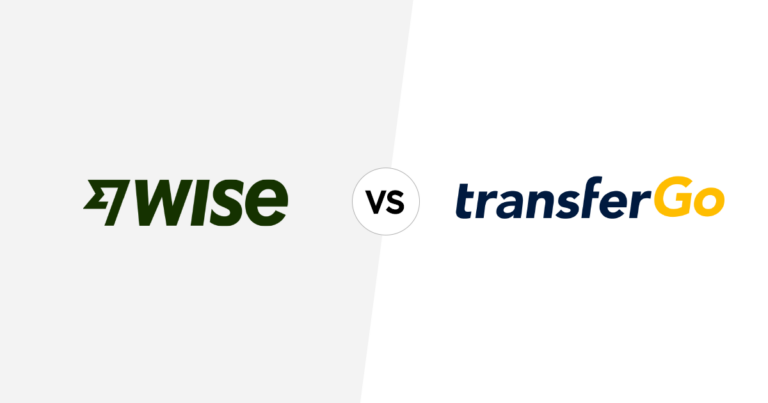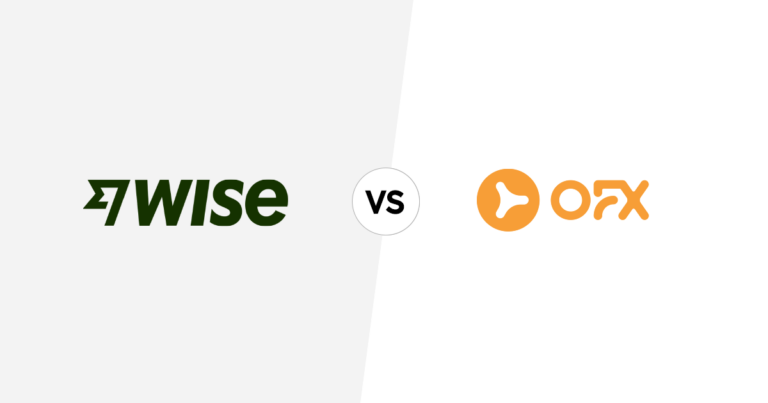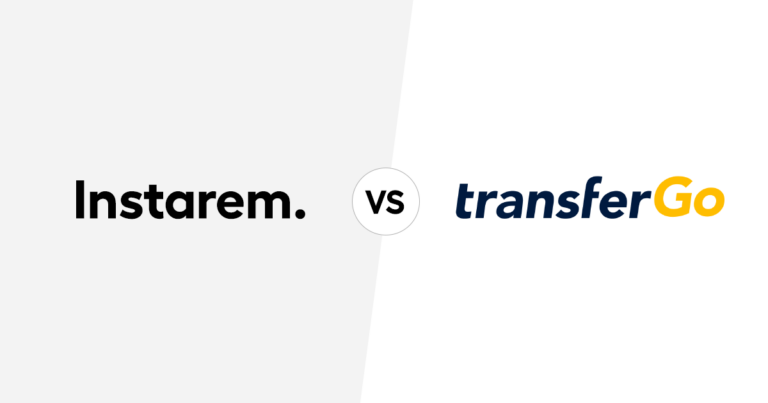Why waiting to pay off loans is costing you big

This article covers:
In our last blog, we busted one of the juiciest financial myths out there—the idea that you should leave some crumbs behind and not fully pay off your loans to boost your credit score. Spoiler: that’s not how it works.
Sure, we set the record straight on that, but let’s be real—most of us aren’t swimming in cash like we’d hope. So, what’s the deal when someone says, “Hey, maybe your money would be better used elsewhere instead of paying off that loan in full?”
Well, in this blog, we’re diving into the big question: what should actually cross your mind when deciding whether to knock out loans early? Let’s get into it—because adulting decisions are hard enough without all the guesswork!
Are your debts high-interest?
Okay, this feels like a bit of a “duh” question, but stick with me. You’d be surprised how often people end up with high-interest debt—sometimes on purpose, sometimes by accident—wondering what we meant? Let us break it down for you.
High-interest debts
Ah yes, the classic culprits: are credit cards and personal loans. These bad boys come with interest rates ranging from 10% to a terrifying 30%. Sure, it’s tempting to stash some cash aside for investments instead, but let’s be real—unless you’ve got a magical investment yielding 30% or more (good luck with that, by the way), you’re better off tackling these debts first. Finding a return that high is like looking for a pin in the ocean… blindfolded.
Student loans
Now, student loans might seem less scary with their average 5% interest rate, but here’s the kicker: they’re basically the clingiest debt you’ll ever meet. They’re nearly impossible to shake off, even in bankruptcy. That’s why they’re often dubbed “toxic debt”. Paying them off early can help you breathe easier and wave goodbye to one less adulting headache.
Are you financially stable?
And the even juicier question: what does “financially stable” even mean to you? Let’s face it—financial stability is a bit like coffee orders at Starbucks: it’s wildly personal. But in general, it’s the magical ability to not sweat bullets every time you fund your lifestyle (whatever that may look like).
Basically, it’s having enough in the bank to pay your bills on time and swipe your card without whispering a prayer. Whether it’s a candy bar or a car, you know you’ve got it covered. In short, financial stability = peace of mind with a side of “I’m not broke”.
Some people even like to split it into two camps:
- Financially stable: You’ve got enough for your needs and some savings, but if your income takes a hike, you’re in trouble.
- Financially independent: Even if your pay chequepay check ghosts you, you’re good. Bills paid, savings intact, life goes on.
So yeah, everyone’s situation is different. No judgment.
Emergency funds: Your safety net
Let’s clear something up: emergency funds ≠ savings.
- Savings: The sacred, untouchable pile of money you don’t mess with unless you absolutely have to.
- Emergency funds: Your financial first-aid kit—there to bail you out of life’s “oops” moments without leaving you scrambling for cash or racking up debt.
Bottom line? Keeping cash flow intact is key. Flexibility is your BFF, especially when the economy is playing hard to get. Having some liquid cash means you can handle life’s curveballs without falling into the debt trap.
Because let’s be real—adulting is hard enough without adding an “empty bank account” to the mix.
Are your debts low-interest or short-term?
Hold up—don’t get them twisted. Low-interest debt and short-term debt are not the same thing. Here’s a quick breakdown of what’s what:
- Low interest, long term = Mortgage loan
- Low interest, short term = Zero-interest instalment plans or “Buy Now, Pay Later” schemes
- High interest, long term = That snowballing credit card debt you’ve been avoiding
- High interest, short term = Payday loans (aka financial quicksand)
But don’t worry, we’ll break it down even more for you.
Short-term debt
If you’re dealing with short-term debt—like buying a couch with a zero-interest plan—it’s tricky to invest that money because the timeline is so short. In this case, saving the money might be your best move.
Alternatively, whip out that credit card with a zero-interest instalment option and rake in those sweet rewards, miles, or cashback. Because if you’re going to owe money, you might as well get a little something for yourself, right?
Low-interest debt
Got a mortgage with a low interest rate? Lucky you! Instead of rushing to pay it off, you might get more bang for your buck by investing that extra cash. Historically, long-term investments (6+ years) with a 10% return can outperform the savings you’d make by paying off low-interest debt early.
But here’s the catch: it’s all about maintaining cash flow and liquidity. If you’re not financially stable or you’re drowning in high-interest debt, your first move is to get back on solid ground. Pay off those killer loans or build up a cash cushion before worrying about investment opportunities.
Basically, handle your financial drama before chasing those investment dreams. No judgment, we’ve all been there!
What is your credit score?
Ugh, can we talk about credit scores for a second? Like, what even is this weird little number that apparently determines if you’re a worthy human being? People treat it like some sacred badge of honour, but the moment you finally do the responsible thing—like, oh, I don’t know, pay off your loans in full—your score decides to take a nosedive. Excuse me? That’s the thanks we get?
Here’s the tea: your credit score is not the ultimate measure of your success or financial health. Nope. It’s just a way for creditors to decide if you’re the kind of person they want to throw more debt at. Sure, it’s great if you’re buying a house or making some big grown-up moves, but otherwise? No need to stress—no one’s handing out gold stars for a perfect 850!
What actually matters is ditching debt—especially the kind that eats your pay cheque faster than a buffet-loving tourist. Save yourself from the interest spiral of doom, and you’ll actually start stacking cash instead of watching it vanish into the void.
And hey, your credit score? It’ll bounce back eventually. But you know what won’t magically grow back? The money you blew on ridiculous interest rates. So focus on paying off that debt, and if you’re gearing up for a big life move like buying a house, your shiny new (recovered) score will come in handy when you’re negotiating for that sweet, sweet mortgage deal.
Moral of the story: stop stressing about your credit score and start stressing about saving your money. You’ve got this!
So, can you refinance those loans or nah?
Wait, you’re not sure what refinancing is? No worries—I’ve got you! Here’s the deal… Refinancing is basically like hitting the “reset” button on your loan. You pay off the old one and replace it with a shiny new one—hopefully with a lower interest rate so you stop feeling like you’re just funding your lender’s luxury vacations.
Picture this: You bought a house at a 7% interest rate (yikes) this year, but next year, rates drop to 5%. Guess what? You can refinance, ditch that 7% nonsense, and enjoy a lower rate. The goal here is simple—pay less interest and, ideally, shrink those monthly payments so you can afford little luxuries like groceries or maybe a coffee that isn’t instant.
But wait, there’s more! Some go-getters might use refinancing to shorten their loan term—like trading a 30-year mortgage for a 15-year one. Or maybe you’re dreaming of that Pinterest-worthy kitchen remodel and decide to cash out some equity while still keeping payments manageable thanks to the lower rate. See? Refinancing isn’t just a boring financial move; it can fund your HGTV fantasies too.
It’s all about your debt strategy
Here’s the tea: debt happens. Whether it’s student loans, mortgages, or that impulsive credit card splurge, it’s a part of life. But not all debt is evil! High-interest debt? Yeah, that’s the villain—pay it off ASAP. Low-interest debt? Eh, that’s more like the quirky side character—you might be better off investing that money instead of throwing it at the loan.
The real endgame is keeping your finances stable, your cash flow healthy, and your stress levels in check. And while credit scores are nice to have, they’re not the star of this show. Your long-term financial goals are. So, if refinancing helps you save money or speed up your debt-free dreams, why not go for it? Just don’t forget to celebrate when you finally kick that debt to the curb—maybe with that new kitchen?
Before you go…
Oh, look at you, all responsible and making big money moves! You’re on track to crush those debts, hit some major financial goals, or maybe even dip a toe into investing—adulting level unlocked. Feels pretty great, right? But wait—because life loves a good plot twist, let’s talk FX rates. Just a little reminder that money matters are never too simple, but hey, you’ve got this!
But don’t panic! We’re here to help, promise. No extra stress, no added headaches—just a little guidance to keep you on track. Because honestly, who needs more financial drama?
![]()
- No hidden fees—because surprise fees are the absolute worst.
- No sneaky markups—we don’t play those games.
- Just great rates—so your money goes where it’s supposed to: your goals, not someone else’s pockets.
Sending large amounts? Easy. With our unbeatable rates, low fees, and stellar support, your transfers are smooth, stress-free, and dare we say… kinda satisfying?
Not working with a big budget? No biggie! You can send money to over 60 countries at super favourable rates—minus the sneaky fees. Download the app or sign up here.
So, whether you’re moving mountains or just pebbles, Instarem’s got your back (and your wallet).
 Get the app
Get the app


